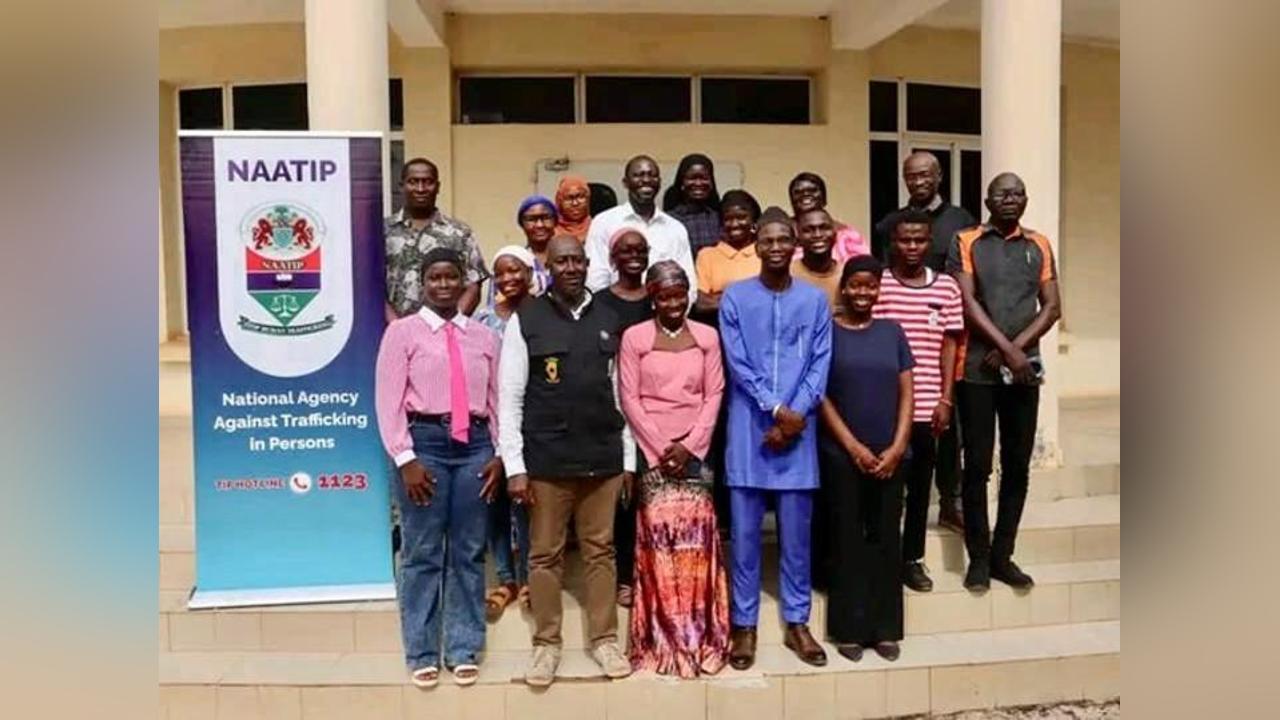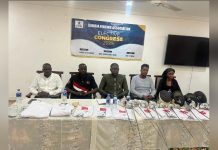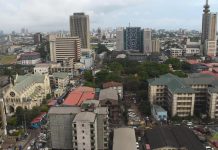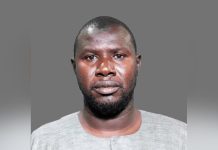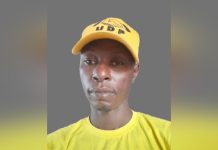Africa-Press – Gambia. The National Agency Against Trafficking in Persons (NAATIP) on Tuesday held a one-day capacity-building training for journalists aimed at improving media reporting on human trafficking.
The session took place at the NaNA Conference Hall.
The training forms part of NAATIP’s mandate to combat all forms of human degradation and exploitation, particularly those affecting women and children.
The agency says it remains committed to prevention, protection, and the rehabilitation and reintegration of survivors through coordinated action with law enforcement and partner institutions.
Speaking on behalf of the Gambia Press Union (GPU), Vice President Sheriff Saidykhan said the training would help strengthen journalists’ ability to report on trafficking issues with accuracy and sensitivity. He noted that survivors often endured severe rights violations, including forced labour, sexual exploitation, and other forms of abuse.
Saidykhan reminded participants that The Gambia remains on the Tier 2 ranking of the U.S. State Department’s 2023 Trafficking in Persons Report, underscoring the need for stronger national efforts.
“Victims of trafficking face exploitation both online and offline,” he said. “The media plays a crucial role, especially when reporting on child trafficking and exploitation.”
He added that equipping journalists with the right skills will improve public awareness and support national prevention efforts. Saidykhan expressed the GPU’s readiness to continue collaborating with NAATIP in building the capacity of the media.
Addressing participants, NAATIP Program Officer Momodou Drammeh stressed that accurate and responsible reporting is essential in protecting vulnerable groups.
“Every report you write, every statement you coin, can protect and inform individuals against this violence,” he said. “Through this training, we believe you will gain the skills needed to help strengthen our collective response.”
Drammeh described trafficking in persons as a serious human rights violation and emphasised the shared responsibility of institutions, journalists, and communities in addressing it.
“Traffickers will not stop, so we shouldn’t stop,” he said. “Let’s write, let’s inform, let’s change attitudes so we can build a community that understands and resists this menace.”
He concluded by urging journalists to continue raising awareness and ensuring that accurate information reaches households across the country.
For More News And Analysis About Gambia Follow Africa-Press

